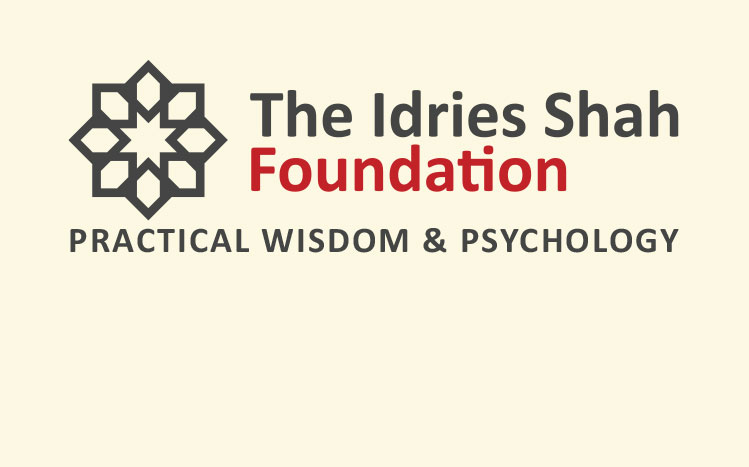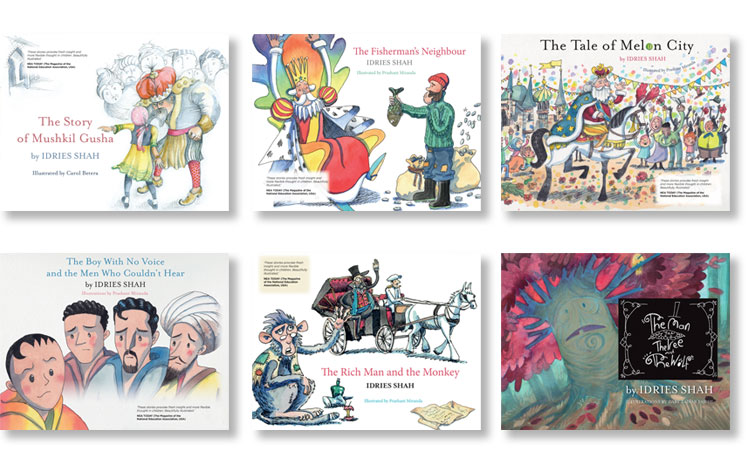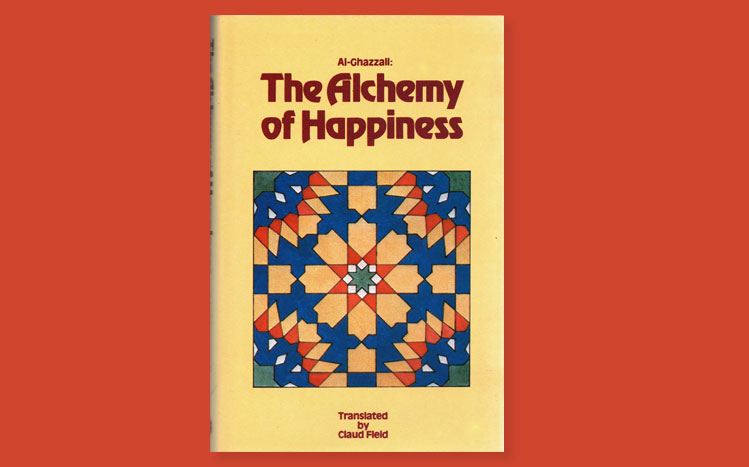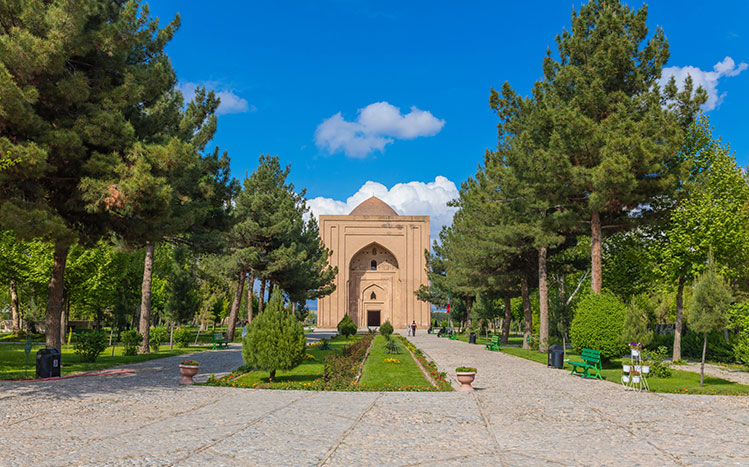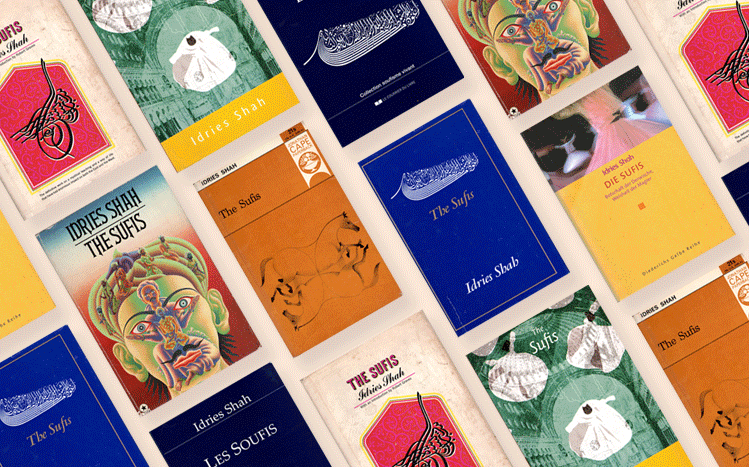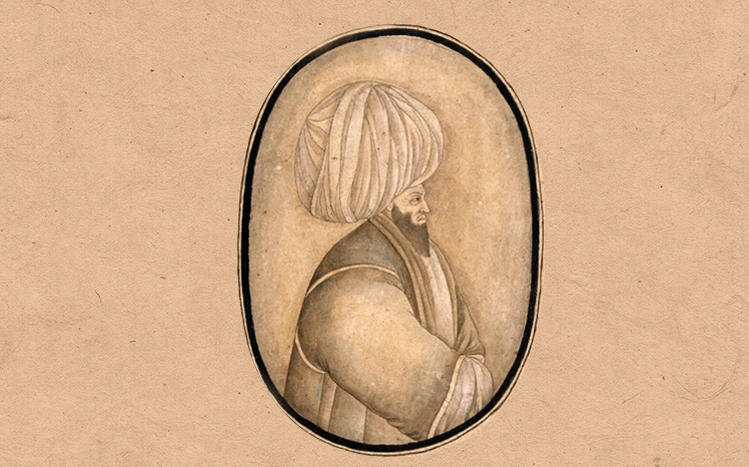Find out how you can continue to support and partner with ISF as we continue our mission to grow a worldwide readership for Idries Shah’s works.
Author: Lou Temlett
Stunning New Children’s Books
ISF is incredibly proud to announce the publication of six new children’s books featuring teaching-stories selected from the works of Idries Shah. Edited by Safia Shah, these titles are illustrated in fresh, contemporary styles by award-winning illustrators from around the world, including Prashant Miranda and Zainab Faidhi. You can own all six titles in hardback … Read More
El-Ghazali’s ‘Alchemy of Happiness’
El-Ghazali’s ‘Alchemy of Happiness’ In 1980, Octagon Press, the publishing predecessor of ISF, first printed a short English translation of one of Abu Hamid el-Ghazali’s many writings entitled The Alchemy of Happiness (Kimiya’e Saadat). El-Ghazali wrote Alchemy as an abridgement for ordinary readers of his colossal masterwork, The Revival of Religious Sciences (Ihya Ulum al-Din). … Read More
El-Ghazali: The Practical Mystic
El-Ghazali: The Practical Mystic The twelfth-century philosopher and Sufi el-Ghazali quotes in his Book of Knowledge this line from el-Mutanabbi: ‘To the sick man, sweet water tastes bitter in the mouth.’ This could very well be taken as Ghazali’s motto. Eight hundred years before Pavlov, he pointed out and hammered home (often in engaging parables, … Read More
Celebrating The Sufis at 60 – the 20th century’s most influential book on Sufism
The publication of The Sufis in 1964 was a watershed for the development of Sufi philosophy in the West. It remains a dynamic book of instruction for modern times.
Watch our animated ‘Tale of the Sands’
We all fear change and yet change is the very essence of life. How does a stream cross the mighty, desolate desert? Can it allow itself to change its very form to survive the journey?
Ibn El-Arabi: A Classical Sufi Master
Ibn El-Arabi: A Classical Sufi Master by Peter Brent Born into a Sufi family almost exactly a hundred years after El-Ghazali, almost exactly forty years before Rumi, Ibn el-Arabi, like them, displayed great gifts even in childhood. Brought up in the heyday of Arabic Spain (paradoxically, one of the most civilised societies in European history) … Read More
The Use of Sufi Stories by Idries Shah
The following excerpt is from a lecture by Idries Shah about the Sufi use of stories. It is a good example of how he used stories in context, in this case to explain something of the role of stories themselves – Saira Shah, Editor, The Idries Shah Anthology THE TEACHING STORY by Idries Shah I … Read More
Patti Schneider 1934-2023
We’re sad to announce the passing of ISF’s friend, Aubrey Davis, the Canadian writer and master storyteller.
A Modern Hagiography of Rumi: The Hundred Tales of Wisdom
In 1978 Idries Shah published The Hundred Tales of Wisdom, subtitled, “Tales, anecdotes and narratives used in Sufi schools for the development of insights beyond ordinary perceptions.” The work is a pastiche of snippets and vignettes from the life of Jalaluddin Rumi, and a handful of certain important stories from Rumi’s own canon of written … Read More
